Congo (DRC) Tours & Holidays
Small Group Tours & Tailor-Made Holidays
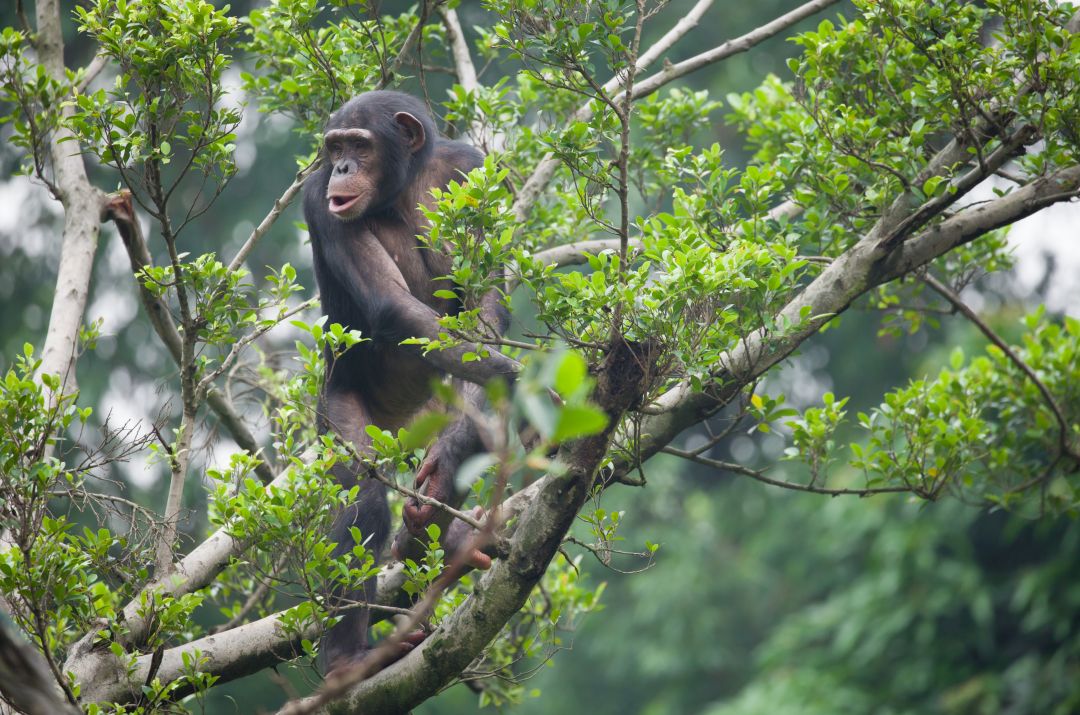
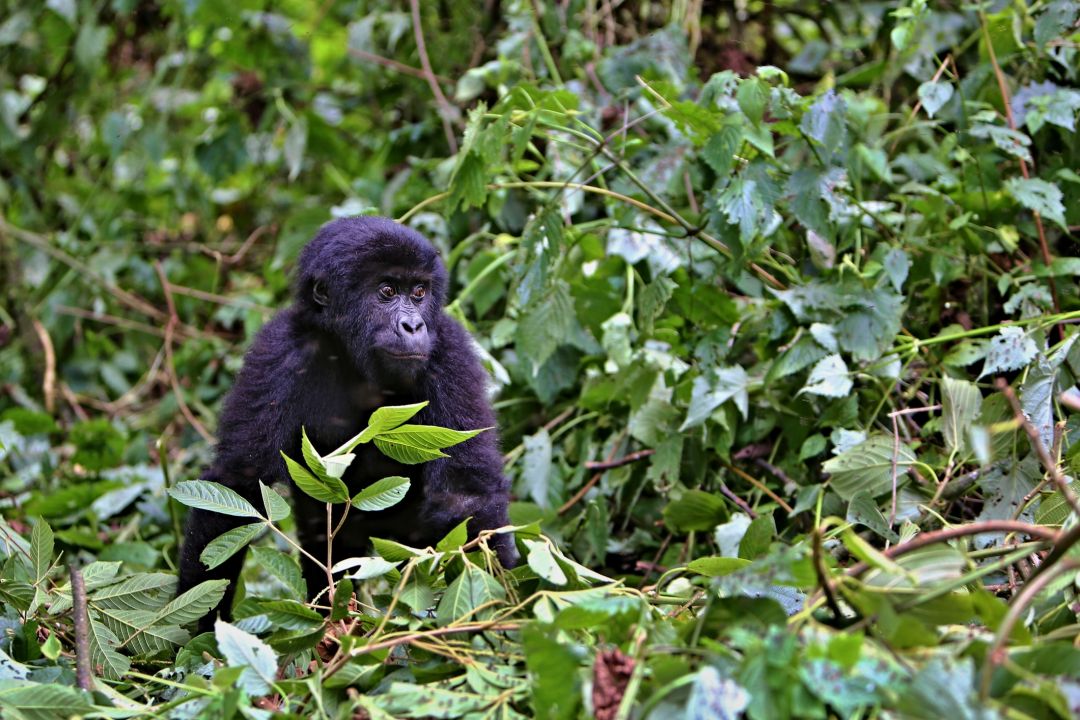
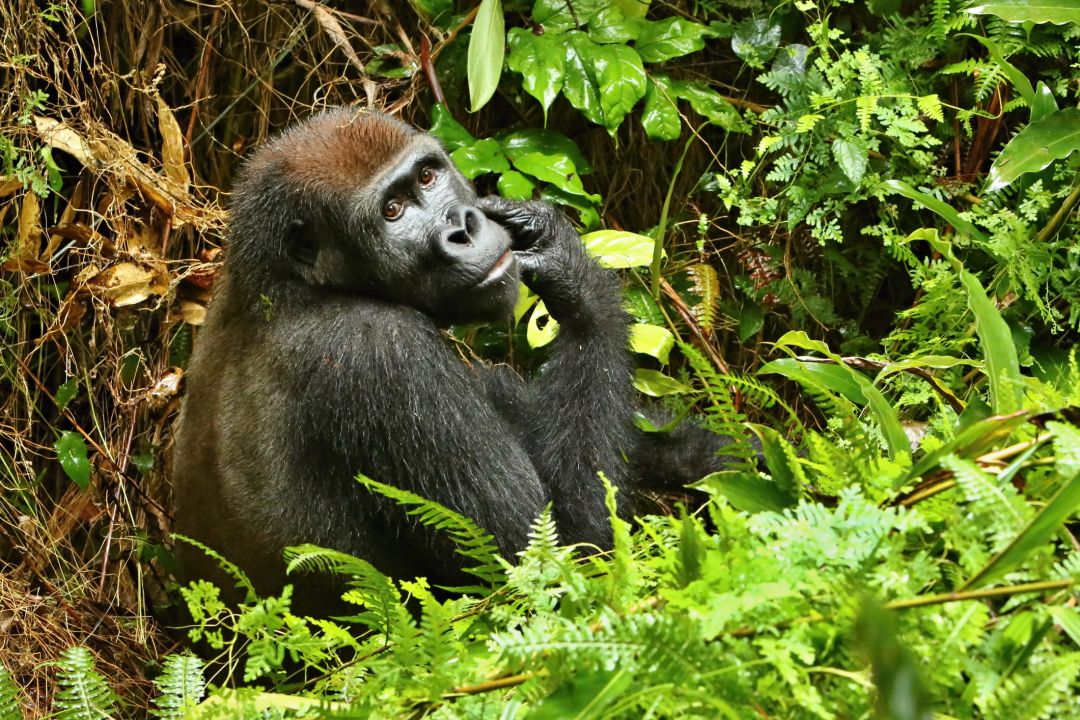
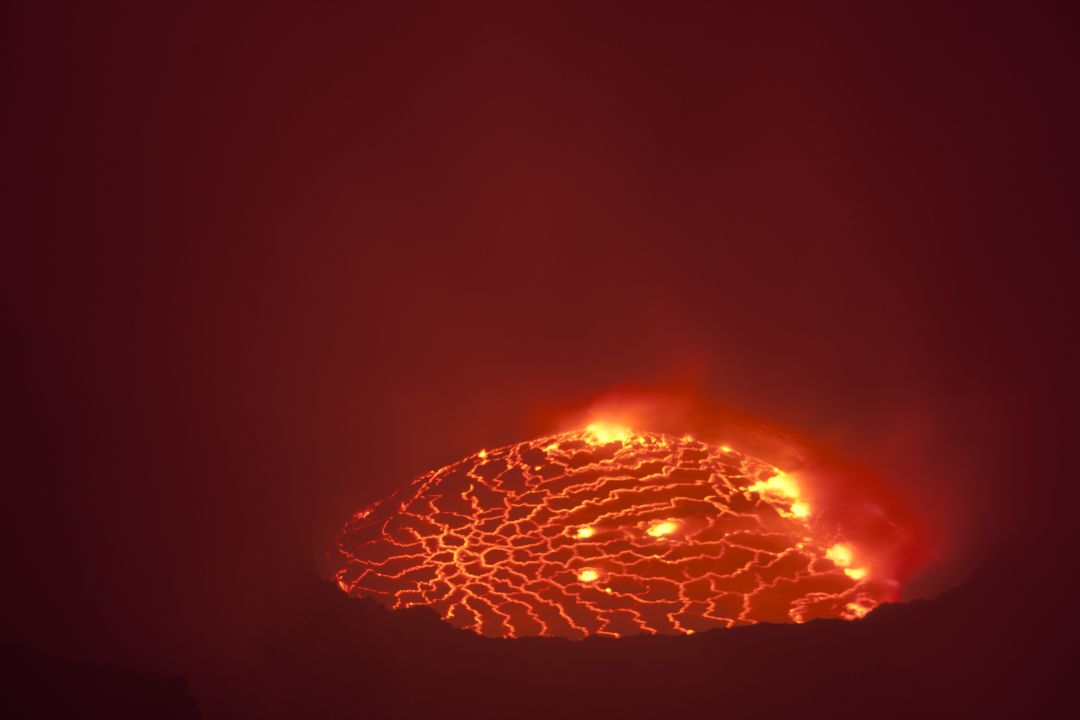
To view images fullscreen please turn device
Overview
A country that once epitomised the brutality of the European scramble for Africa, the Congo can firmly lay the sorrows of generations of colonial oppression at the feet of two men, Henry Morton Stanley and King Leopold II of Belgium. It was Stanley’s river journey in 1874 that opened up the African interior to exploration and exploitation, something that Leopold was keen to monopolise, as he turned the country into his own private kingdom for over two decades. Even after pressure from other ...
A country that once epitomised the brutality of the European scramble for Africa, the Congo can firmly lay the sorrows of generations of colonial oppression at the feet of two men, Henry Morton Stanley and King Leopold II of Belgium. It was Stanley’s river journey in 1874 that opened up the African interior to exploration and exploitation, something that Leopold was keen to monopolise, as he turned the country into his own private kingdom for over two decades. Even after pressure from other European powers forced the Belgian parliament to declare the territory a Belgium colony in 1908, European involvement in the country continued to be largely one of brutality and exploitation.
In 1960 a growing nationalist movement under Patrice Lumumba gained independence, paving the way for what many hoped would be a democratic future for the old Belgian colony. Rich in natural resources and staggering beauty, independence was, unfortunately, followed by decades of civil unrest, corruption and political repression.
Today the Congo still has plenty of problems, but there are areas, particularly along the banks and tributaries of the mighty Congo River, that offer the adventurous traveller a chance for some true off-the-beaten-track encounters and, as usual, Wild Frontiers are at the forefront of trail-blazing these new routes.
Meet the Experts
Start your journey
Group tours
Travel to Congo (DRC) with like-minded people on one of our small group tours (usually max size 12), featuring knowledgeable local guides and an expert tour leader.
HIGHLIGHTS OF CONGO (DRC)
BEST EXPERIENCES
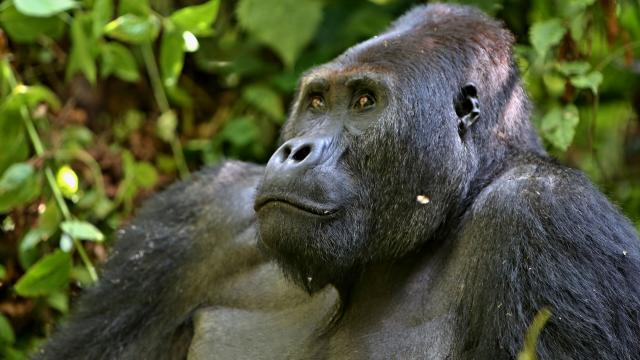
Trek to see gorillas
Trek in search of eastern lowland gorillas in Kahuzi-Biega National Park and spend time with these wonderful great apes.

A night by a volcano
Sleep next to the summit of Mt Nyiragongo, an active volcano, in Virunga National Park, DRC
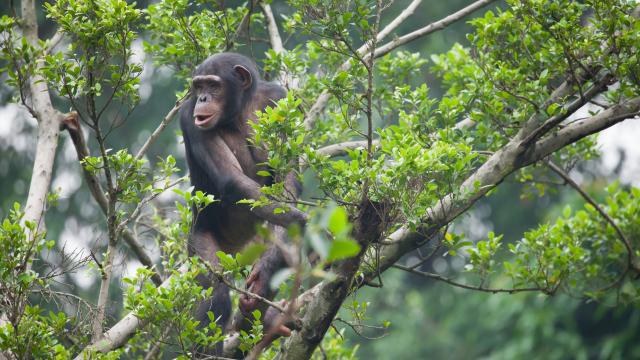
Get a glimpse of chimpanzees
Search the tree canopies for a chance to glimpse the chimpanzees at Nyungwe National Park
Discover more
WHEN TO GO
Being situated on the equator, Congo’s temperatures are fairly constant with an average of approximately 25-30°C during the day and 15-20°C at night. Rain can occur at any time, though when it comes it is usually in short outbursts in the afternoon.
LGBTQIA+ Guidance
When planning to travel as a member of the LGBTQIA+ community, there may be additional things you wish to consider doing, such as:
- Speaking to one of our travel experts for information about travelling in your chosen destination and local attitudes towards members of the LGBTQIA+ community
- Checking the Human Dignity Trust map of countries that criminalise LGBTQIA+ people, which highlights potentially dangerous regions and countries
- Checking the ‘Local laws and customs’ section of your country's official foreign travel advice page
- Looking for any updates for your desired destination on the Human Rights Watch LGBTQIA+ rights page
- Buying a recommended guidebook, as many include an LGBTQIA+ section and advice for LGBTQIA+ travellers
USEFUL INFORMATION
Health and Vaccinations
Yellow Fever vaccination is mandatory for all visitors to Congo (DRC) and you will need to take your vaccination certificate with you. Without it you may be denied entry into the country. We suggest you also be up to date with Typhoid, Tetanus, Polio and Hepatitis A. Malaria is present throughout Congo (DRC). Please note we are not medical professionals and so we highly recommend you seek advice from your local GP or travel centre as to the correct immunisations and preventative treatments.
Currency
In Congo (DRC) the official unit of currency is the Congolese Franc.
To check out the latest exchange rate for the places that you are visiting you can go to www.oanda.com.
Cultural Sensitivity
On our tours you will frequently interact with local people, each with their own distinct customs and traditions. We therefore ask you to be considerate and to treat them with respect. Your tour-leaders and guides will always be able to advise you accordingly.
Observing wild gorillas up close is something that even the most jaded of travellers tend to rank among their all-time favourite travel experiences and will undoubtedly linger in the memory long after the suntan has faded! We encourage our clients to support our guides by learning and honouring their policies which helps preserve our precious environment.
Language & Religion
French is the official language of Congo (DRC) whilst Kituba, Lingala, Swahili and Tshiluba are the most widely spoken of over 200 indigenous languages. In Congo (DRC) the vast majority of the population are Christian, with the popular denominations being Protestants and Roman Catholics. There is a minority Islamic population and a resurgence of Kimbanguism, which was banned during colonial Belgium rule.
Time
Congo (DRC) is 1 hour ahead of GMT.
A useful website to check the time zone differences is www.worldtimezone.com.
Food and drink
By and large the staple food commonly found in most dishes in Congo (DRC) is cassava due to its year-round availability, often made into a dough-like accompaniment known as Fufu. The national dish consists of chicken and fish with cassava leaves, spicy pepper sauce, plantain, rice and nuts is known as Moambe. Most dishes will be served with the chilli sauce, pili pili.
Breakfast will usually be continental style, with sliced bread/rolls with cheese, ham/salami and jam plus coffee/tea. Lunch and dinner consist mainly of local specialties consisting of meat, poultry, or fish with vegetables, rice, potatoes or 'Foufou', a local side dish made of the manioc plant.
Popular beverages include Linguila, a wine made from fermented sugar cane; palm wine made from the sap of palm trees; and white elephant, a cocktail made from run, coconut and milk.